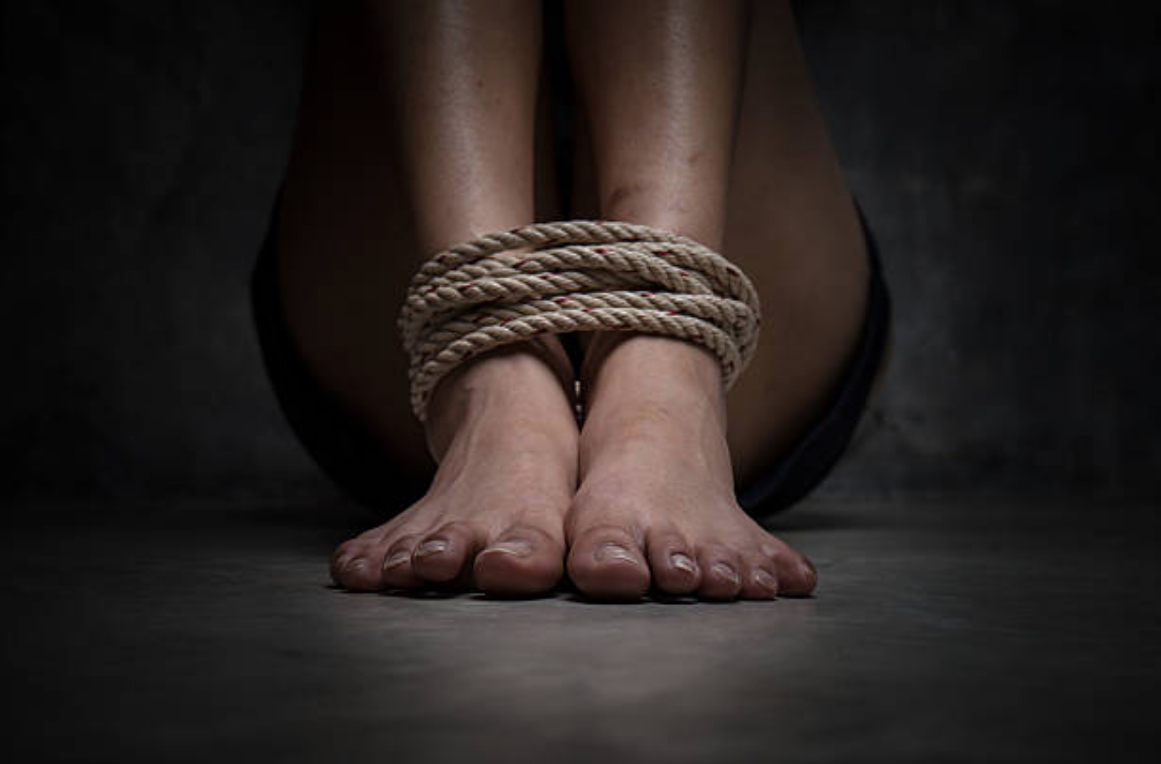During the month of April, the National Youth Violence Prevention Campaign is recognized for one week. This year, National Youth Violence Prevention Week takes place April 12 – April 16th. Around 200,000 homicides occur annually worldwide among youth between the ages of 10-29. According to the World Health Organization, that makes up 43% of the total number of global homicides each year. For those who are lucky enough to survive a violent attack, most will require hospitalization and be affected by lifelong psychological damage.
The goal of the weeklong National Youth Violence Prevention initiative is to raise awareness to educate students, school staff, parents and the general public on effective ways to prevent or reduce youth violence in communities across the country.
Deferment Programs vs. Arrest Records
Jacksonville, Florida, is working to reduce youth violence by intervening at the earliest sign a youth may be in trouble. The deferment program, called the Civil Citation Program, is offered through the Fourth Judicial Circuit for qualified juvenile offenders.
The Civil Citation Program allows law enforcement and juvenile justice stakeholders to issue a citation to qualified juvenile offenders to join the program rather than being arrested and entering the criminal justice system. The purpose of this program is to increase public safety by assessing and referring at-risk, qualified juvenile offenders to intervention programs while also reducing recidivism.
Signs an Individual May Be At Risk for Youth Violence
- attention deficit, hyperactivity, conduct disorder or other behavioral disorders
- involvement in crime
- early involvement with alcohol, drugs and tobacco
- low commitment to school and school failure
- unemployment
- exposure to violence in the family
Teen Court Holds Teens Accountable
After a teen is issued a civil citation, it’s forwarded to the Court Administration Teen Court Director and reviewed to determine which curriculum, under the Civil Citation Program, is most appropriate for that youth. From there, the case will be handled by the Teen Court or one of Jacksonville’s Neighborhood Accountability Boards. Youths are then held accountable for their crimes and are required to complete community service hours and other sanctions that could include individual and family counseling, early intervention, letters of apology or academic monitoring.
This program promotes accountability, immediate intervention and prompt consequences for the qualified juvenile offenders. “This expanded program provides swifter accountability and intervention through smart justice – a benefit to juveniles and taxpayers alike,” said Melissa Nelson, State Attorney for the Fourth Circuit.
Youth Crisis Center Provides Diversion Opportunity
The diversion programs offered by YCC can be completed either through its Outpatient Behavioral Health program or Residential Crisis Care program. Throughout six different programs, YCC provides short-term crisis care, mental health counseling, family therapy, and transitional living services for young adults. “The Youth Crisis Center has been a readily accessible resource for the Jacksonville Sheriff’s Office (JSO) for many years,” said JSO Assistant Chief Adam Pendley. “The services that YCC offers enhance law enforcement efforts by getting to the root cause of what influences youth violence, and transforms their lives by providing them with the help and intervention at an early age.”
Taxpayer Savings
The Civil Citation Program saves taxpayer dollars by producing cost-effective outcomes. Rather than arresting troubled youth, the Civil Citation Program works to identify and address the causes of their misbehavior and enacts disciplinary actions that will discourage them from completing future offenses. Upon successful completion of the requirements of the Civil Citation Program, there will be no arrest on their record.
The Civil Citation Program is important because it prevents life-long consequences associated with juvenile arrests, adjudication, or convictions. “Arrest and prosecution are a first thought for many who consider ways to fight violent crime, but it’s important to remember that arrest for some may do more harm than good,” insists Pendley. “These types of diversion programs, like the Civil Citation Program, still hold the offenders accountable, but in a more proactive way that helps them long term.”
Click to learn more about the Youth Crisis Center’s involvement with the Civil Citation Program.
Are you dealing with a crisis or unmanageable youth? The Youth Crisis Center’s Residential Crisis Care program provides short-term residential services and therapy for youth ages 10-17. Our residential therapists work with youth and their families to address the immediate crisis and help provide long-term solutions to handle future concerns once the youth return home. Click to fill out the Residential Crisis Care form on our website and a therapist will contact you, or call our crisis hotline at (904) 725-6662 to speak with someone immediately. Click more to learn about 8 ways to help your child cope with stress and anxiety.


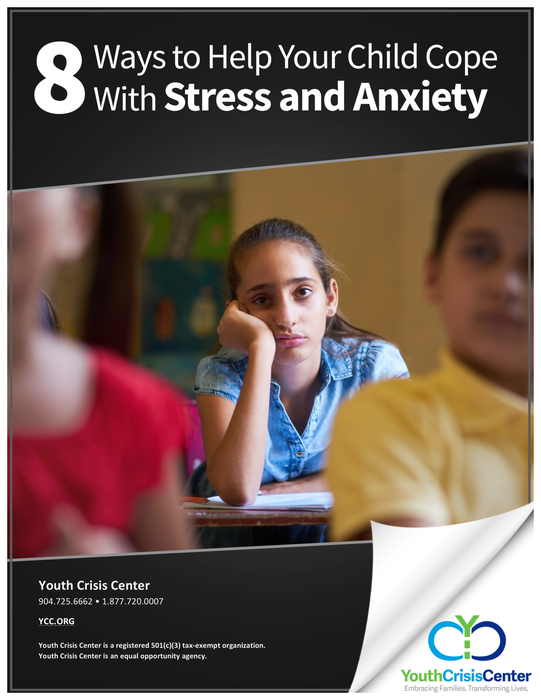

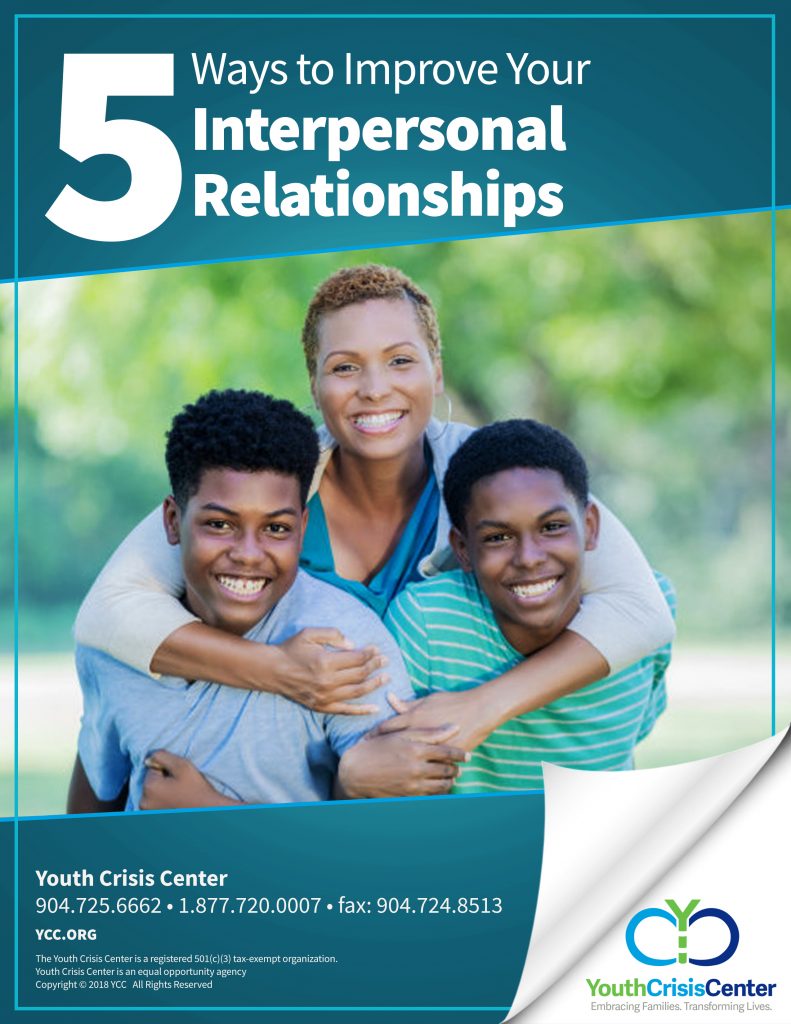
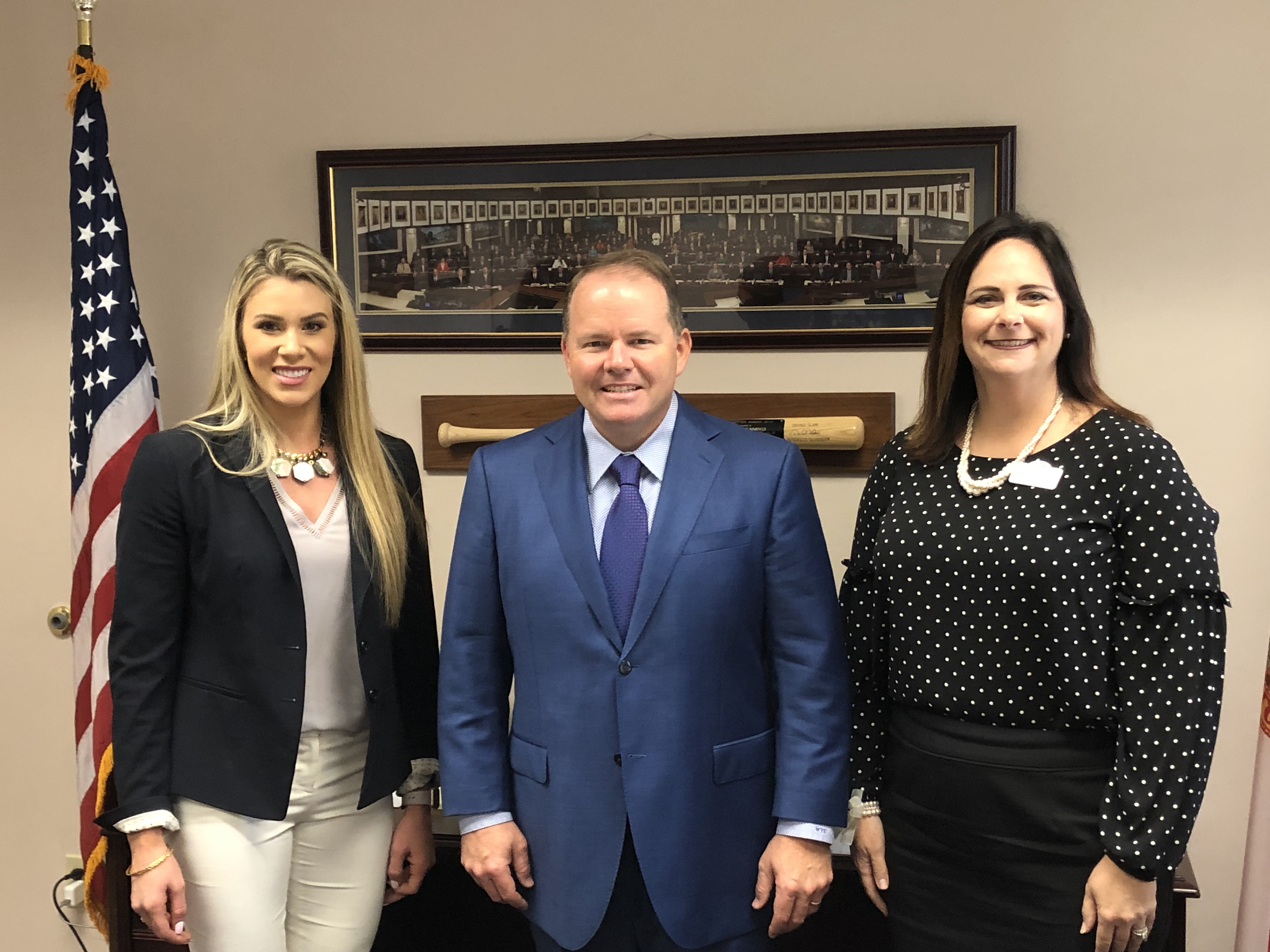
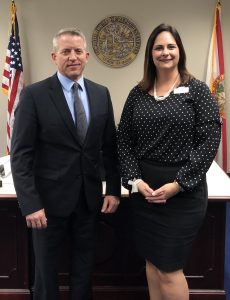 traveled with Leila Sundstrom, chair of YCC’s board of directors, to Tallahassee for the bi-annual Executive Advisory Roundtable meeting.
traveled with Leila Sundstrom, chair of YCC’s board of directors, to Tallahassee for the bi-annual Executive Advisory Roundtable meeting. 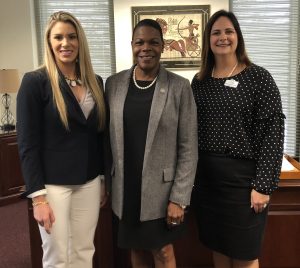 YCC was one of the first four sites that implemented SNAP® in Florida four years ago. These four sites receive recurring funding to continue successfully serving families and transforming lives. In 2018, The Florida Network was granted non-recurring funding from Florida legislature to expand SNAP® to an additional 17 sites across the state. However, since the funds are non-recurring for these new 17 sites, the programs are at risk if the funds are not continued or changed to recurring.
YCC was one of the first four sites that implemented SNAP® in Florida four years ago. These four sites receive recurring funding to continue successfully serving families and transforming lives. In 2018, The Florida Network was granted non-recurring funding from Florida legislature to expand SNAP® to an additional 17 sites across the state. However, since the funds are non-recurring for these new 17 sites, the programs are at risk if the funds are not continued or changed to recurring.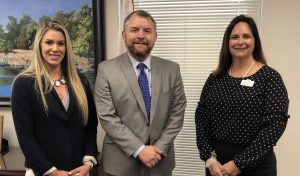 emotional struggles that can lead to isolation from their peers, frustration from their parents, or a label as the ‘bad kid’ in school,” worries Sundstrom. “As a mother of two children, I know how important it is to remember that before calling a child ‘bad’, all efforts need to be made to determine the root cause. That can’t be done without funding and access to qualified mental health professionals and programs.”
emotional struggles that can lead to isolation from their peers, frustration from their parents, or a label as the ‘bad kid’ in school,” worries Sundstrom. “As a mother of two children, I know how important it is to remember that before calling a child ‘bad’, all efforts need to be made to determine the root cause. That can’t be done without funding and access to qualified mental health professionals and programs.”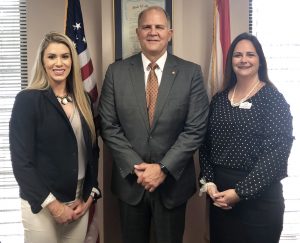
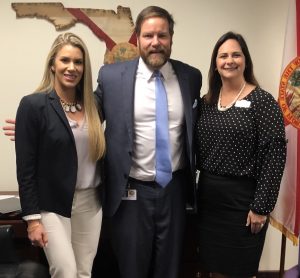
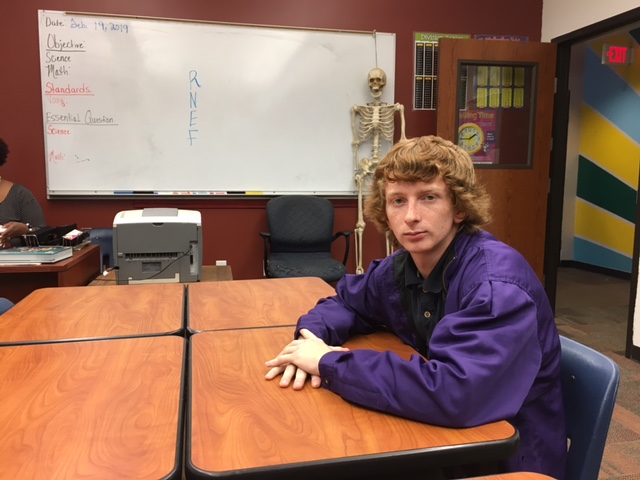
 looking toward his future and has decided he wants to get training to become a roofer. It’s a great job with a salary as high as $80,000 a year. The problem is, while students Craig’s age are getting ready to start their junior year or even graduate, he is still trying to complete the 6th grade. In his earlier years, Craig got off track. He started skipping school and getting in trouble. He’s out of trouble now, but those missed school days led to struggles with his grades. After falling behind in school, Craig was ashamed and embarrassed, and stopped trying. Craig, like many other young people, fell behind in the school system, gave up and dropped out.
looking toward his future and has decided he wants to get training to become a roofer. It’s a great job with a salary as high as $80,000 a year. The problem is, while students Craig’s age are getting ready to start their junior year or even graduate, he is still trying to complete the 6th grade. In his earlier years, Craig got off track. He started skipping school and getting in trouble. He’s out of trouble now, but those missed school days led to struggles with his grades. After falling behind in school, Craig was ashamed and embarrassed, and stopped trying. Craig, like many other young people, fell behind in the school system, gave up and dropped out. all employees of the Duval County Public School system, but have an extra understanding of the challenges young people at YCC face. They recognize how the students’ struggles impact their ability to learn. “The teachers here go above and beyond for their students,” said Bertha Barrett, YCC Residential Intern Therapist. “Because of the one-on-one attention and controlled atmosphere, the students are able to focus and achieve academic goals. There is a boost in their self-esteem because they learn that they are capable of succeeding in school. Once they leave here, they have the confidence to continue in their regular school because they know they can do the work.”
all employees of the Duval County Public School system, but have an extra understanding of the challenges young people at YCC face. They recognize how the students’ struggles impact their ability to learn. “The teachers here go above and beyond for their students,” said Bertha Barrett, YCC Residential Intern Therapist. “Because of the one-on-one attention and controlled atmosphere, the students are able to focus and achieve academic goals. There is a boost in their self-esteem because they learn that they are capable of succeeding in school. Once they leave here, they have the confidence to continue in their regular school because they know they can do the work.” each student’s individual learning styles and abilities, and they encourage students to do their best work. YCC’s teachers work hard to reach their students and make sure they fully understand the subject they’re learning before moving on. They address each problem the student may be having and work together to create solutions, so the student will be able to carry the skills they learn into the next steps of their schooling.
each student’s individual learning styles and abilities, and they encourage students to do their best work. YCC’s teachers work hard to reach their students and make sure they fully understand the subject they’re learning before moving on. They address each problem the student may be having and work together to create solutions, so the student will be able to carry the skills they learn into the next steps of their schooling.

